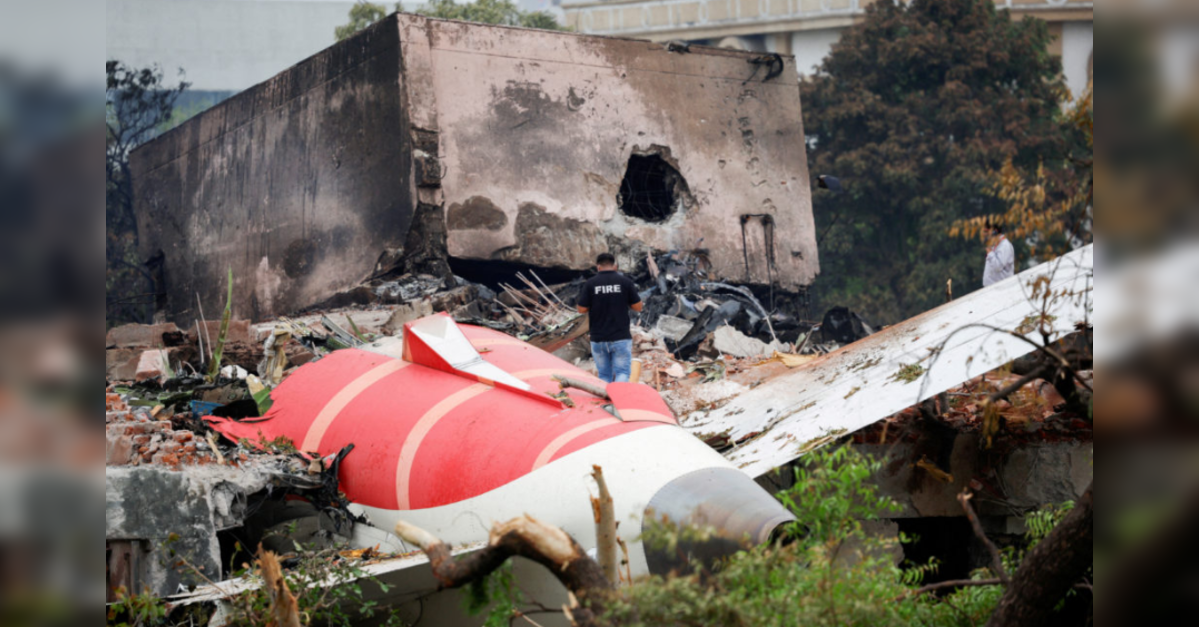India Travel Disrupted as Ola-Uber Driver Uprising Paralyzes Mumbai, Stranding Flyers and Triggering Over 20 Flight Delays Across Air India, IndiGo, SpiceJet, Kenya Airways, Akasa Air, and More - Travel And Tour World
Thursday, July 17, 2025

India’s travel industry has been thrown into disorder as a nationwide protest by Ola and Uber drivers paralysed movement across Mumbai, one of India’s most bustling transit centers. Stoked by grievances for respectable incomes, permit controls, and safer working conditions, the revolt hasn’t only left thousands of everyday commuters stuck but severely impacted airport connections—triggering over 20 flight delays as well as the cancellation of a flight at Chhatrapati Shivaji Maharaj International Airport and at Pune’s Lohegaon Airport. Primary airlines, including Air India, IndiGo, SpiceJet, Kenya Airways, and Akasa Air, reported service disruptions, signalling the far-reaching effects of the protest for home and incoming journeys.
Mumbai, the financial capital of India, was thrown into unprecedented transport chaos as Ola and Uber app-based taxi drivers maintained their strike undeterred for the second consecutive day. While initially of the one-day protest variety, the movement has since spread to the entire city and not only has local commuters stranded but also severely affected the arrival at the airports, leading to more than 20 flight delays and a cancellation at Chhatrapati Shivaji Maharaj International Airport (CSMIA) as well as at the Pune-based Lohegaon Airport.
The driver strike, which began on July 15, has witnessed thousands of the Mumbai Metropolitan Region (MMR)’s ride-hailing drivers abandon their platforms and converge at Azad Maidan, a symbolic protest point near Chhatrapati Shivaji Maharaj Terminus (CSMT). The common outrage among these drivers lies in years of so-called exploitative tariff systems, unviable income, and the absence of government intervention even after the enactment of the Maharashtra Gig Workers’ Act.
Many drivers report earning as little as Rs 8–Rs 9 per kilometer, an amount that fails to cover escalating fuel prices, loan repayments, and vehicle maintenance. Protesters are demanding immediate fare rationalisation, calling on authorities and ride-hailing companies to align app-based fares with those approved by the Regional Transport Office (RTO).
The protest is not limited to fare adjustments. Drivers have laid out a , including:
Union leaders contend that these aren’t new demands but old ones that have continually gone unaddressed. Lacking any conversation even initiated by the state government or the companies, the drivers state they had no option but to go on strike.
One of the most immediate impacts of the strike has been at the Chhatrapati Shivaji Maharaj International Airport of Mumbai, one of the largest Indian airports. While thousands of commuters were finding it difficult to reach the airport through safe transport, the flight schedules were affected.
Mumbai International Airport Ltd (MIAL) had put out a public advisory on microblogging site X (previously Twitter), asking commuters to plan ahead of time for alternative modes of transport and account for delays. Commuters had mentioned long delays, exorbitant prices quoted by the remaining taxis, and missed flights in certain cases due to the unavailability of rides.
According to flight tracking and airport data from , the situation unfolded as follows:
| Airline | Cancellations | Delays | % of Flights Delayed |
|---|---|---|---|
| Akasa Air | 1 | 6 | 10% |
| Air India | 0 | 4 | 1% |
| IndiGo | 0 | 3 | 0% |
| Kenya Airways | 0 | 1 | 50% |
| SpiceJet | 0 | 1 | 4% |
| Airline | Cancellations | Delays | % of Flights Delayed |
|---|---|---|---|
| Akasa Air | 0 | 1 | 5% |
| Air India Express | 0 | 1 | 4% |
| IndiGo | 0 | 2 | 1% |
| SpiceJet | 0 | 1 | 10% |
With more than 20 flights impacted at the two airports, the ripple effect has not only impacted the cities of Pune and Mumbai, but the entire national and global air network. Kenya Airways, as a sample, had a 50% rate of delays for the outward journey of the flights from Mumbai.
The protest started as a quiet sit-down protest, but the lack of response from government officials as well as Ola-Uber representatives meant the strike continued into a second, potentially indeterminate, day. While legislation such as the Maharashtra Gig Workers’ Welfare Act exists, the unions report no practical enforcement has occurred. They blame the state for abandoning gig workers and allowing corporations to function outside of regulatory control.
Protest leaders have reported that they won’t call off the strike at least until some of their major demands are respected. They have also threatened that demonstrations may spread to other Indian metropolitan cities if the demands keep being disregarded.
Mumbai serves as a vital hub in India’s tourism and business travel ecosystem. The disruption of both urban transport and air connectivity has major ripple effects on:
If the strike persists, industry analysts warn it could impact , especially during the busy monsoon season and upcoming Independence Day weekend.
Neither Ola nor Uber has released any official statement regarding the strike so far. Media efforts to reach company officials have borne no result. State transport officials, meanwhile, have only released a short caution asking citizens to travel by public transport as much as possible.
Pressure is building upon the government of Maharashtra to act, not just to put life back to normal, but to ensure that the bigger questions regarding the gig economy are not avoided.
With higher fuel prices, more urban congestion, and no organized support for gig workers, tensions between platforms and drivers will likely rise absent immediate reforms.
Until it resolves, commuters are requested to look for alternative transport, utilize suburban trains, buses, or even plan ahead through carpooling apps and other shared transport platforms. Flyers are highly advised to reach the airports early and keep checking the status of their flight regularly.
Mumbai’s Ola and Uber driver strike has surfaced long-standing concerns that reach far beyond a single city. It reveals the brittleness of the app-based infrastructure, the absence of social safety measures for the gig economy, and the disproportionate effect upon commuters when the infrastructure fails.
India’s travel network has been seriously disrupetd as a continuing Ola-Uber driver strike paralyzes transport in the cities and to the airport, causing more than 20 flight delays. The protest began as a result of demands for reasonable fares, permit control, and reforms of driver welfare.
Until the Indian ride-hailing sector experiences significant policy intervention, incidents of these sorts could occur more regularly, leading to large-scale disruptions and injecting uncertainty in the urban and travel systems of the country.
You may also like...
Diddy's Legal Troubles & Racketeering Trial

Music mogul Sean 'Diddy' Combs was acquitted of sex trafficking and racketeering charges but convicted on transportation...
Thomas Partey Faces Rape & Sexual Assault Charges

Former Arsenal midfielder Thomas Partey has been formally charged with multiple counts of rape and sexual assault by UK ...
Nigeria Universities Changes Admission Policies

JAMB has clarified its admission policies, rectifying a student's status, reiterating the necessity of its Central Admis...
Ghana's Economic Reforms & Gold Sector Initiatives

Ghana is undertaking a comprehensive economic overhaul with President John Dramani Mahama's 24-Hour Economy and Accelera...
WAFCON 2024 African Women's Football Tournament

The 2024 Women's Africa Cup of Nations opened with thrilling matches, seeing Nigeria's Super Falcons secure a dominant 3...
Emergence & Dynamics of Nigeria's ADC Coalition

A new opposition coalition, led by the African Democratic Congress (ADC), is emerging to challenge President Bola Ahmed ...
Demise of Olubadan of Ibadanland
Oba Owolabi Olakulehin, the 43rd Olubadan of Ibadanland, has died at 90, concluding a life of distinguished service in t...
Death of Nigerian Goalkeeping Legend Peter Rufai

Nigerian football mourns the death of legendary Super Eagles goalkeeper Peter Rufai, who passed away at 61. Known as 'Do...




